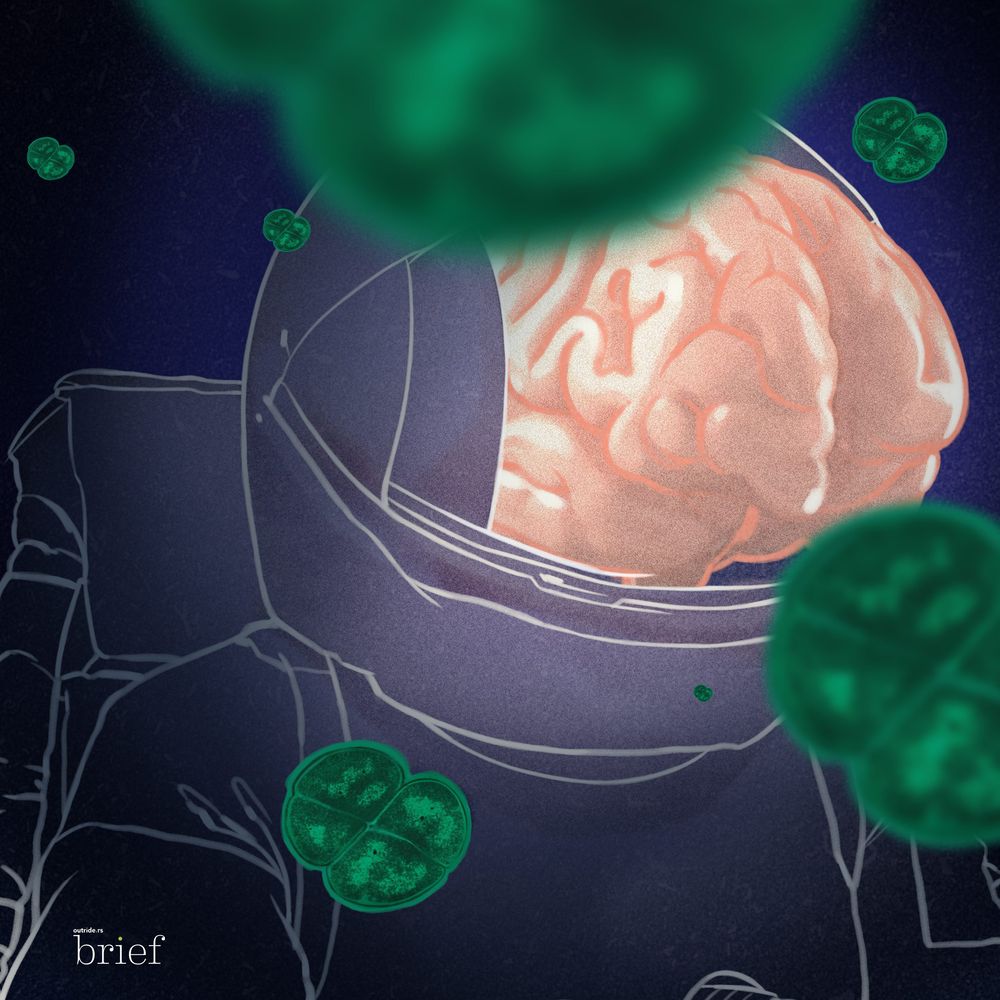Protests in Hungary, Thailand and China
Thousands of Hungarian students formed a several kilometers long human chain in a protest demanding autonomy for the universities. In recent years, the government transferred control over some of the most important universities in the country to the foundations loyal to the administration of prime minister Viktor Orban. The current wave of protests started with changing the structure of the University of Theater and Film Arts in Budapest – an institution with 155 years of tradition and alma mater of several Oscar winners. In the place of the elected board, the government installed an advisory board, consisting of its supporters. The leadership of the University resigned as well as many of the professors. Hungarian artists and other educational establishments expressed support for the protests. Students have been occupying campus since Tuesday, September 1st.
Students in Thailand are using the three-finger salute from Hunger Games as a pro-democracy symbol as they protest for the reform of the education system. Since mid-July, protesters have been gathering almost every day. They protest against the system that forbids them to speak their mind, against the need to wear uniforms, and strict limitations in behavior. Some are critical of the country’s monarchy – a postulate particularly condemned by the government which otherwise declares the will of dialogue. Several of the activists have been arrested and charged for the protests.
The Chinese government faces public demonstrations in the province of Inner Mongolia after announcing that new textbooks in Chinese will replace the current ones in Mongolian for some of the courses in schools. According to President Xi Jinping, the move is aimed at including ethnic minorities within the labor market and cultural and scientific knowledge. Parents from the Mongolian minority are afraid it will cause children to lose their mother tongue and refuse to let them go to school until the new policy is revoked. Clashes between the parents and police occurred.


























